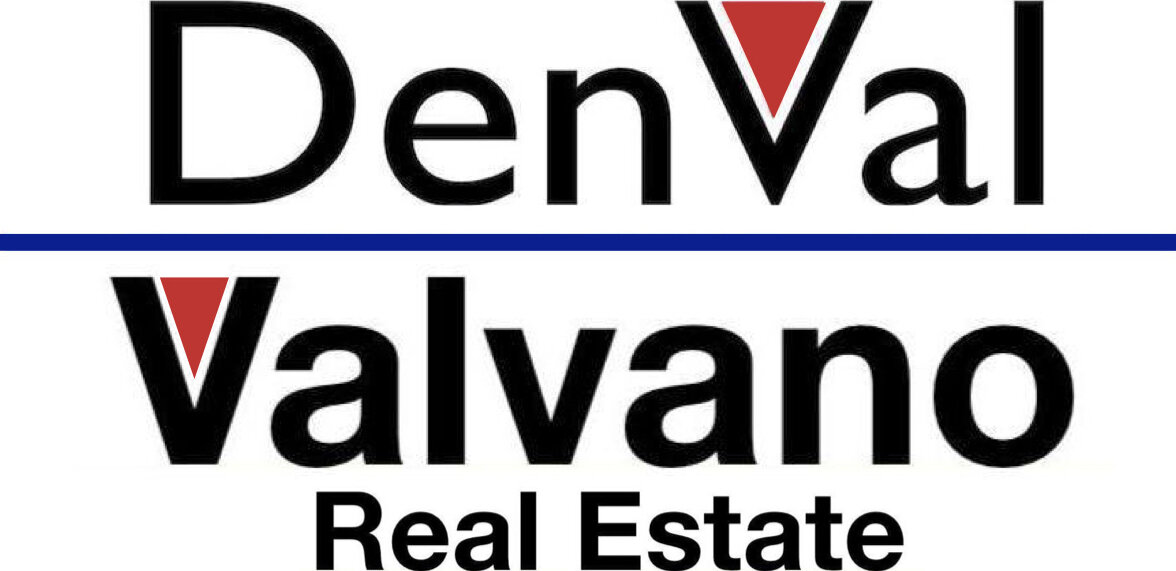How to pick a real estate lawyer
BY GREG SAITZ
Newhouse News Service
Buying a house is not quite like Frodo Baggins' perilous journey in "The Lord of the Rings." But just like the big-footed hobbit, home buyers need some help along the way.
Choosing good professionals can make the whole process of buying a home and getting into it less stressful, and perhaps even save you from making a huge mistake.
One of those professionals should be a real estate attorney, and it might be wise to start your hunt for one about the same time you get serious about buying a house. A lawyer can help you view your purchase dispassionately.
"Real estate transactions are emotional transactions," said Barbara Casey, a Voorhees attorney who is the incoming chairwoman of the New Jersey State Bar Association's real property and estate law section. "The decisions you make can often be clouded by emotion."
While not required for a closing, hiring a real estate attorney is pretty standard practice in North Jersey. (In other states and even South Jersey, some deals have no lawyers involved.)
An attorney can help explain what's happening during the process, act as your advocate and prepare you for decisions you'll need to make. He or she also will scrutinize a contract to make sure it's in your interest and accompany you to the closing.
Here are some tips on finding a skilled real estate attorney, what services you can expect and how much it might cost. The advice comes from Casey; Marcy Gendel, a real estate attorney in Springfield with 30 years of experience; and the federal Department of Housing and Urban Development.
Where to get names
Ask friends, family and co-workers for a recommendation. Check with an attorney you trust in other matters. Your real estate agent also can provide suggestions, although you will want to ask about the lawyer's independence from the Realtor.
Most county bar associations provide a lawyer referral service. A contact list can be found at njsba.com/lawyer_referral/. You want lawyers who regularly handle residential real estate transactions, not attorneys who dabble in it.
How to check them out
The state Office of Attorney Ethics maintains a list of lawyers who've been disciplined for ethics violations. Call (609) 5Citizens for Justice in New Jersey also runs a website (cjnj.org) that lists disciplined attorneys. You can sometimes find basic information, such as the law school an attorney attended and when they were admitted to the bar, at www.martindale.com.
How to choose
Call a few attorneys, talk to them on the phone or schedule an initial consultation. Ask if they charge for such meetings. Trust your instincts. If you're not comfortable with a lawyer, move on.
"You have to know you can trust them to represent you zealously and in a manner that's in your best interest," Casey said.
Questions to ask:
-How long have they been in practice?
-How many closings do they do a month, a year?
-Do they have any complaints against them? 30-4008 or visit the website (judiciary.state. nj.us/oae/index.htm).
-Do they have any complaints against them?
-How much time do they typically spend on cases?
-Exactly what services will they provide?
-Can they provide the name of a client who can give a reference?
Fixing a price
One of the biggest questions you need to ask is how much it is going to cost. Attorneys can bill hourly or set a flat fee. Ask whether incidentals such as copies or postage are extra.
Some attorneys provide an engagement letter that spells everything out. Gendel said a typical fee range a home buyer can expect to pay in North Jersey is between $1,200 and $1,800, although it can be more or less. It's okay to negotiate.
Services to expect
This can vary widely, but a good attorney will deal/negotiate with the mortgage company as well as the seller. They'll make sure things you want in a deal are included and may advise you about things you didn't know you needed. They'll walk you through the contract and explain it. They also should give you information and options, but allow you to make key decisions.
What you shouldn't expect
Be skeptical of an attorney who tells you what to do, as opposed to offering advice and alternatives. They also generally won't bother with peripheral matters such as obtaining a certificate of occupancy or lining up a home inspector.
If you feel the lawyer missed something
Go back to the attorney and explain your concern. A good attorney should admit if they made an error and figure out a way to resolve the issue. If that doesn't work, call the state's Office of Attorney Ethics or visit its website.
Source: The Times

